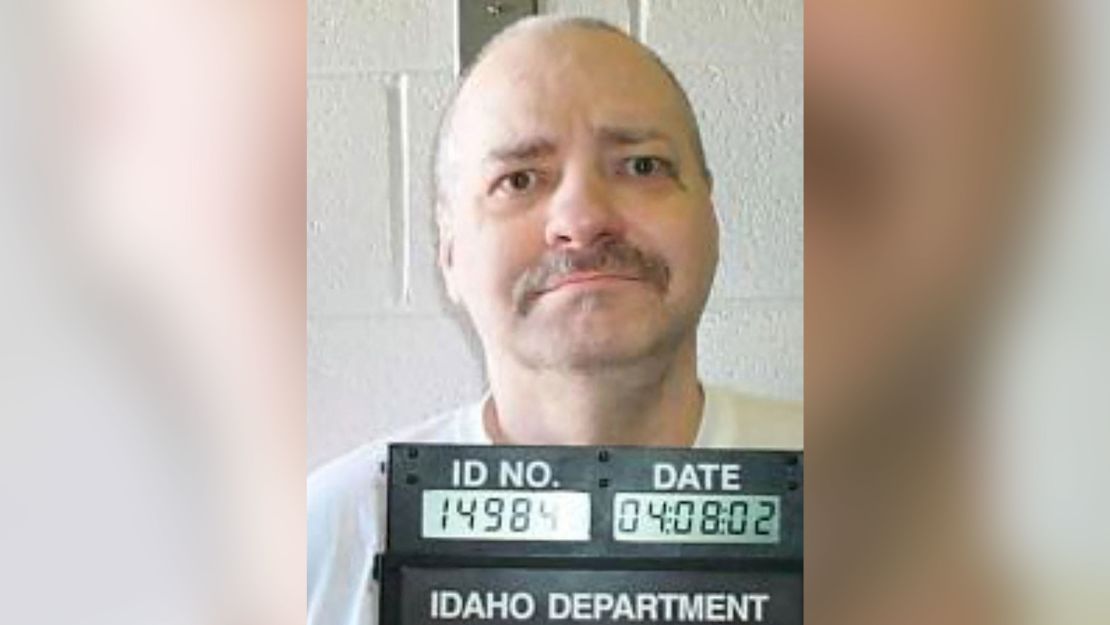CNN — Officials in Idaho on Wednesday halted the execution of death row inmate Thomas Creech after they were unable to set an intravenous line to carry out a lethal injection, according to a news release from the state Department of Correction.
The aborted execution – which was to be the state’s first in 12 years, according to the non-profit Death Penalty Information Center – is the latest example of a state struggling to carry out a lethal injection because of officials’ inability to establish an IV line. Alabama in 2022 called off two executions after officials couldn’t access the inmates’ veins.

The execution of Creech, 73, was deemed “unable to proceed” by Idaho Department of Correction Director Josh Tewalt around 11 a.m., about an hour after it was expected to begin, according to a news release. Tewalt consulted with the medical team leader and “determined that the medical team could not establish an IV line.”
“Mr. Creech will be returned to his cell and witnesses will be escorted out of the facility. As a result, the death warrant will expire,” the release said. “The State will consider next steps.”
Creech’s execution was stopped just hours before Texas is scheduled to execute death row inmate Ivan Cantu for two murders he claims he did not commit. As of Wednesday, at least six more executions are set for this year in three of the 27 states, with the federal government, that have the death penalty on the books, according to the Death Penalty Information Center.
Creech, the longest-serving inmate on Idaho’s death row, was sentenced to death for the 1981 killing of another inmate; he had also been convicted of four other murders and was suspected of being responsible for additional killings. His execution proceeded after the US Supreme Court rejected a series of last-minute appeals by Creech.
Team tried 8 times for IV access to Creech
The Idaho corrections medical team had expressed confidence Wednesday morning before Creech’s scheduled execution that it could establish adequate access to his veins, Tewalt said in a news conference after the process was stopped.
In the execution chamber, “the team attempted eight times through multiple limbs and appendages to establish IV access consistent with” the department’s policy, he said.
In some instances, the team had “an access issue,” Tewalt said. At other times, it could establish access but encountered a “vein quality issue.” That “made them not confident in their ability to administer chemicals through the IV site once established,” the director said, and the decision was made to halt the execution.
Tewalt underscored the medical team’s “competence” and the department’s confidence in it, saying he believed it improper to call the execution “a failure.”
“They did their level best in a professional way that was respectful of the process,” Tewalt said, “and when it appeared that those efforts were going to be unsuccessful, they did the right thing and opted to stop additional efforts so we could evaluate next steps.”
The department does not currently have a plan to proceed in the Creech case, Tewalt said.
This is a developing story and will be updated.
CNN’s John Fritze contributed to this report.




